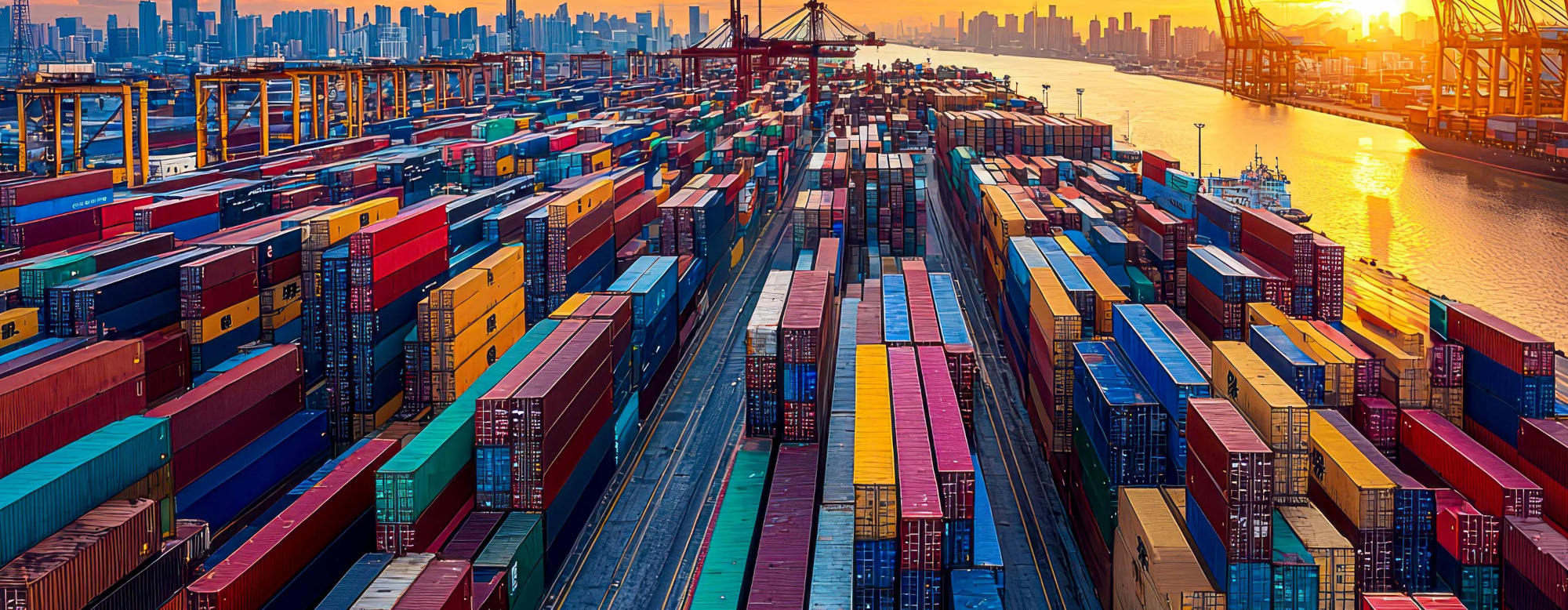
2018: A massive restructuring of the world economy?
Economic forecasts too often focus on the financial aspects of business. Will the dollar go up or down? Are the stock exchanges overvalued? Will central banks raise interest rates? All these questions are legitimate but sometimes obscure the essential. The key issue that will define the business environment in 2018 will be a massive restructuring of the global economy and of its main actors.
Enterprises generally have a limited life span. In the 70s, it was 40 years on average. Today it has fallen to under 18 years. McKinsey estimates that in 2027, three quarters of companies listed on the S & P 500 will have disappeared. Three major developments explain this phenomenon of massive destruction:
1. There has never been so much cash on the markets. The combined balance sheet of the nine largest central banks exceeds now $18 trillion. The 10 largest sovereign wealth funds in the world manage more than $10 trillion. Five US technology companies have more than $500 billion in cash available. Finally, large US and European companies together benefit from more than $3 trillion cash on their balance sheets.
What can companies do with all this money if it is not reinvested? Three possibilities: pay dividends to shareholders, buy back shares or acquire other companies. The first two options have largely contributed to the increase in stock markets valuation. The third one has led to the explosion of mergers and acquisitions, $ 3.490 billion in 2017, and of IPOs, $196 billion. We are seeing a considerable redistribution of corporate ownership.
2. Technology is upsetting business models. And the winners at this game are the big American companies. They have both the money and the monopoly of tech platforms. In addition, Alphabet and Google, Amazon, Microsoft, Facebook or Apple exploit their dominance to buy new promising tech startups, especially European ones, such as Skype, Deep Mind or Shazam.
In doing so, they risk constraining new technologies on the market while preventing start-ups from ever becoming competitors. They also use this opportunity to diversify, often far from their core business. Food, watches, health or payment transactions, everything is within their reach. For many established companies, tomorrow’s competitors are far outside of their traditional industries.
3. Companies in emerging countries are becoming formidable competitors. The multiplication of new actors from China, India, the Gulf countries or Latin America is impressive. They have money. They decide quickly because they are often family businesses and they rapidly reach considerable proportion. Alibaba and Tencent are now among the companies with more than $500 billion in market capitalization. In addition, they use their financial base and their growth to acquire companies in Europe and the United States to accelerate their global reach. This year, Chinese companies are expected to exceed $220 billion in overseas acquisitions. New names keep appearing too: Fosun, HNA, Wanda or Anbang.
The restructuring of corporate ownership is probably the most fundamental trend that will affect the business environment in 2018 and beyond. The balance of power is shifting towards new players in the United States and Asia. Europe has become a privileged hunting ground for these new predators.
Can Europe and other regions of the world remain globally competitive if they lose the ownership and decision-making centers of their local champions? The rules of international competition based on reciprocity must of course be respected, if everybody plays fairly. Otherwise, aren’t we a little bit naive?
Stéphane Garelli is Professor Emeritus at IMD where he founded the World Competitiveness Centre.
Research Information & Knowledge Hub for additional information on IMD publications
To understand America’s aggressive shift on trade, you must first grasp the silent, slow building, decades-long erosion of American middle-class prosperity. This shift began well before President Trump and will outlive him. It is rooted in the col...
After more than a decade of war and isolation, Syria is edging back into the global economy. The signs are familiar: commercial flights have resumed, sanctions are being eased and its debts are being cleared. Gulf investors are circling. Infrastru...
The Great Trade Hack by Richard Baldwin explains how Trump’s 2025 tariff blitz wasn’t economic strategy. It was grievance politics. Tariffs, Baldwin shows, are political placebos that won’t fix the U.S. economy but could fracture the global trade ...
On 12 May 2025, China and the United States released a joint statement that ended the recent escalation in tariffs. For 90 days each agreed to lower their tariffs by 115%. This only applies to import taxes imposed since 2 April 2025—all prior tari...
This paper presents a compact and intuitive framework that consolidates, simplifies, and extends results on the links between technology, trade, and labour market outcomes. It makes three main contributions. First, it presents closed-form solution...
Until the late 19th century, states raised most of their government revenues from import tariffs. This column asks whether the practice could work today. A side effect of taxes is that they discourage the economic activity that they are assessed o...
Tariff escalation between China and the US will result in decoupling of goods trade, raising fears that Chinese exports destined to the US market in 2024 will be redirected or deflected to third markets. Fearful of intensified competition from Chi...
With the prospect of far-reaching decoupling of goods trade between China and the United States, fears of deflection of Chinese exports to third markets have returned. This briefing examines the factual record on the frequency of and foreign gover...
in Gensler, Gary (Ed.); Johnson, Simon (Ed.); Panizza Ugo (Ed.); Weder di Mauro, Beatrice (Ed.) / The Economic Consequences of The Second Trump Administration: A Preliminary Assessment, pp. 239-244 / PAris: CEPR Press, 2025
Research Information & Knowledge Hub for additional information on IMD publications
Published by International Institute for Management Development ©2025
Research Information & Knowledge Hub for additional information on IMD publications
Research Information & Knowledge Hub for additional information on IMD publications
Research Information & Knowledge Hub for additional information on IMD publications
Research Information & Knowledge Hub for additional information on IMD publications
in Journal of International Economics May 2025, vol. 155, 104065, https://doi.org/10.1016/j.jinteco.2025.104065
Research Information & Knowledge Hub for additional information on IMD publications
in I by IMD
Research Information & Knowledge Hub for additional information on IMD publications
Research Information & Knowledge Hub for additional information on IMD publications
Research Information & Knowledge Hub for additional information on IMD publications
Global Trade Alert, Zeitgeist Series Briefing no. 62, 14 April 2025
Research Information & Knowledge Hub for additional information on IMD publications



